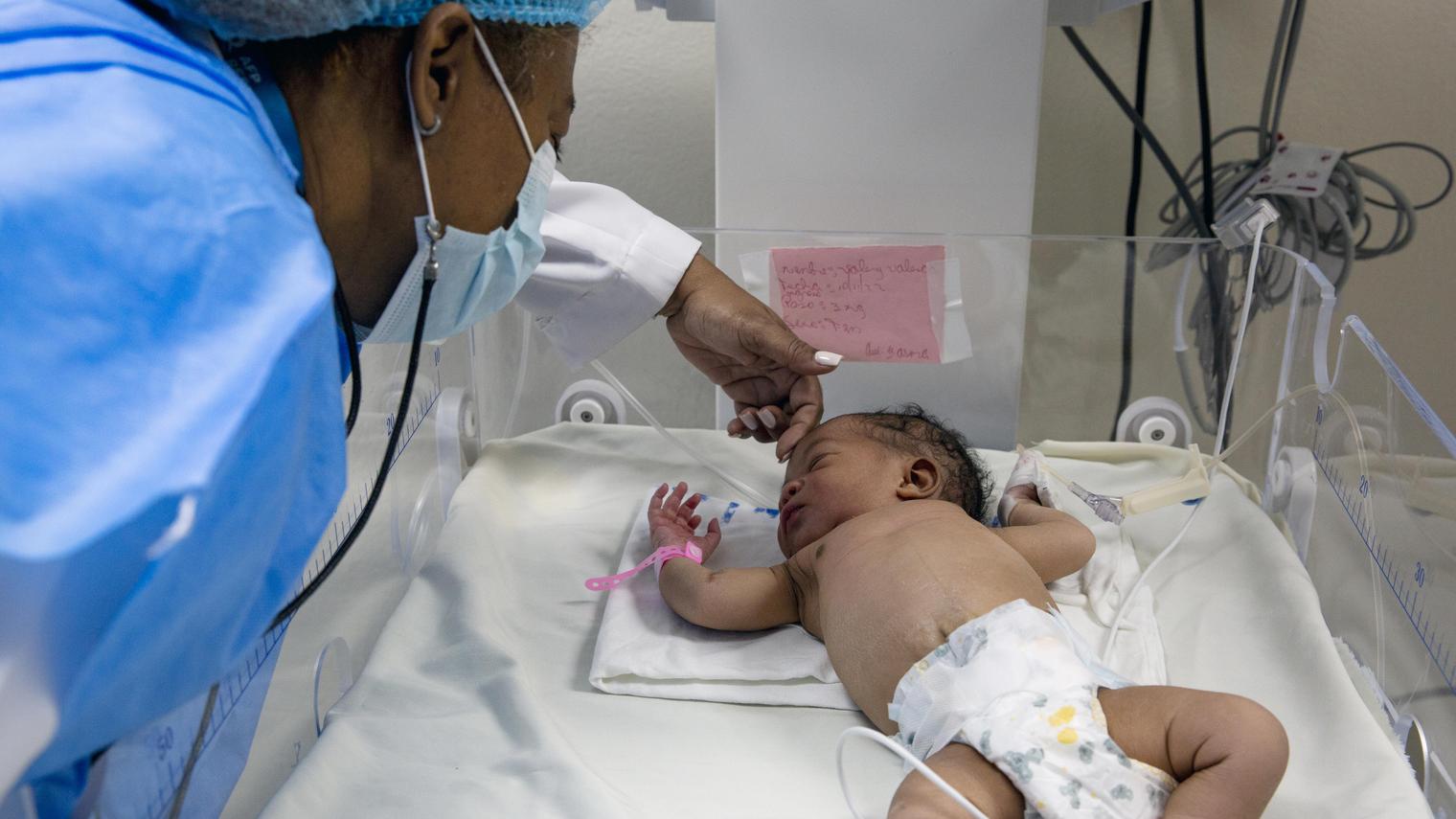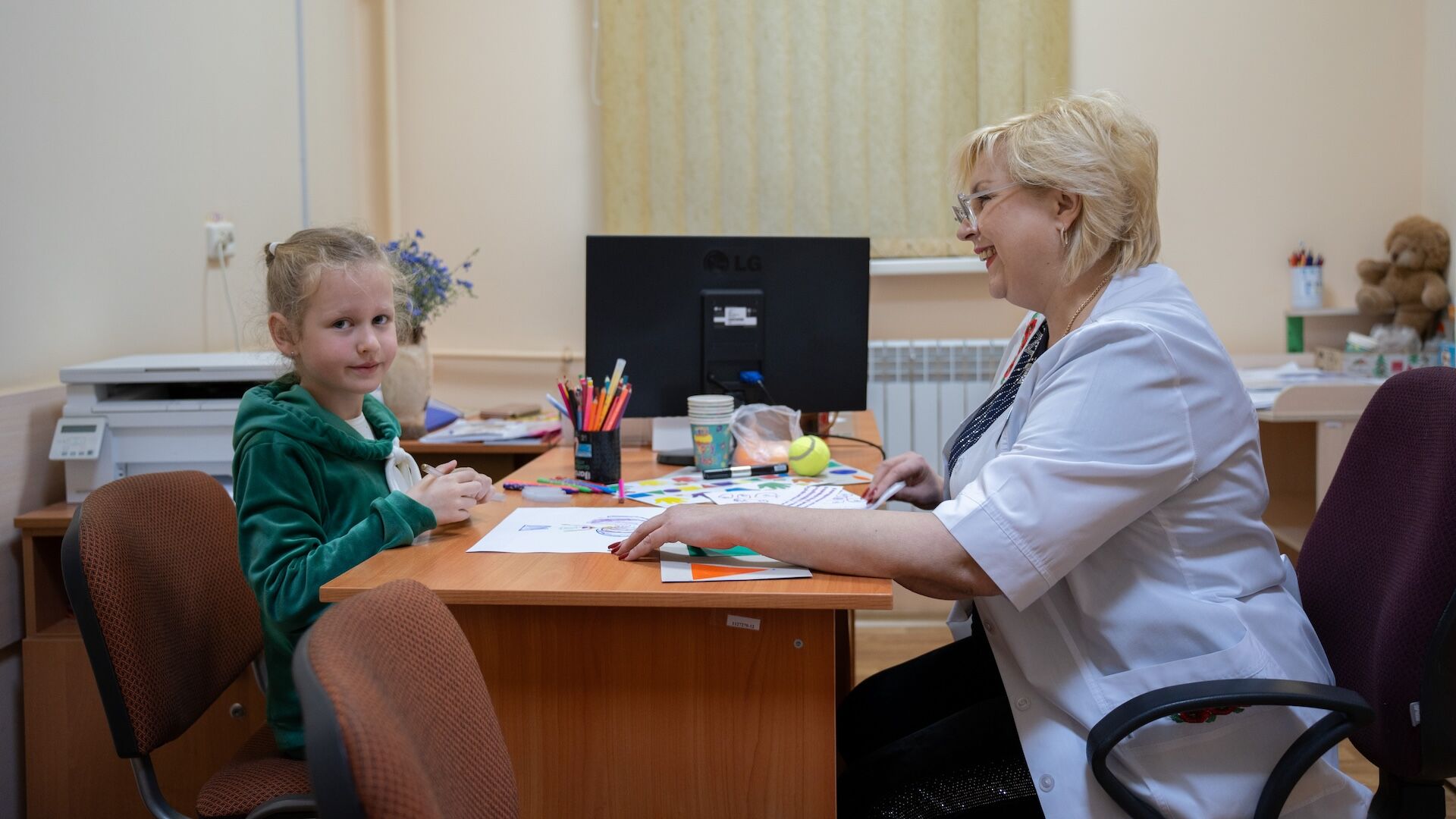

Training Health Workers
Equipping health workers worldwide with essential knowledge and skills to provide expert care, combat diseases, and ensure the wellbeing of communities
Our Approach
We believe health workers are the key to solving today’s most pressing health challenges. For 65 years, Project HOPE has been committed to connecting health workers with the knowledge, tools, and support they need to deliver expert care and save lives. We’re building a strong and resilient global network of health workers who actively implement innovative solutions and feel empowered to share their expertise in their communities.
To strengthen our global health workforce, Project HOPE:
- Equips nurses and midwives with the knowledge to provide essential care for mothers and newborns
- Trains health workers in high-risk regions, enabling them to conduct screening, administer treatment, and deliver care to combat the spread of diseases
- Provides comprehensive training to first responders, enabling them to act swiftly and deliver high quality care during emergencies and in crisis situations
- Educates health workers on mental health and resiliency, trauma-informed care, and psychological first aid
- Ensures health workers receive the support they need to safeguard their own mental health and overall well-being
- Partners with academic institutions to build and integrate relevant training into curriculums
The Context
The health worker crisis has been at the center of global health discussions for decades. Ongoing health worker shortages — disproportionately impacting under resourced communities — leave millions of people without access to healthcare. Whether experiencing sudden disaster or preventable and treatable conditions, Project HOPE believes that everyone everywhere deserves access to the healthcare they need to thrive.
While all countries experience health worker shortages to some degree, there are significant disparities. The unequal and inequitable distribution of health workers is most apparent in sub-Saharan Africa. With only 3% of the world’s health workforce, 24% of the population is living with infectious and/or chronic noncommunicable diseases. Investing in primary healthcare and frontline health workers has the potential to save millions of lives, increase life expectancy by 3.7 years, and reduce global health inequities.








